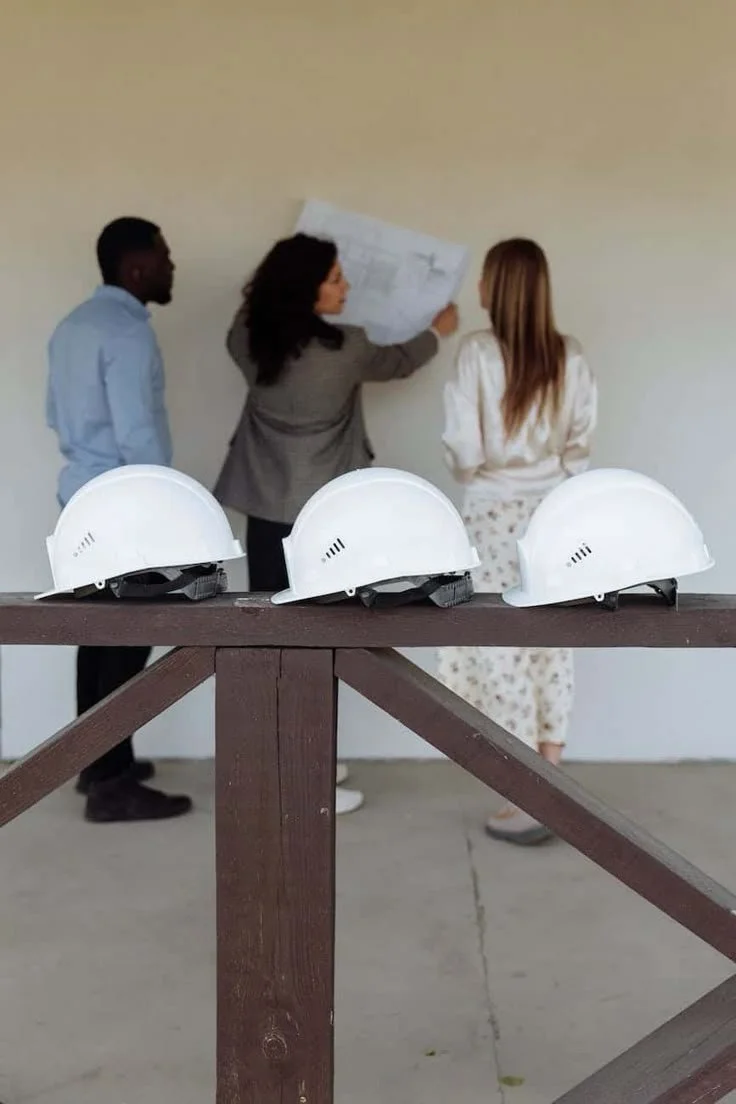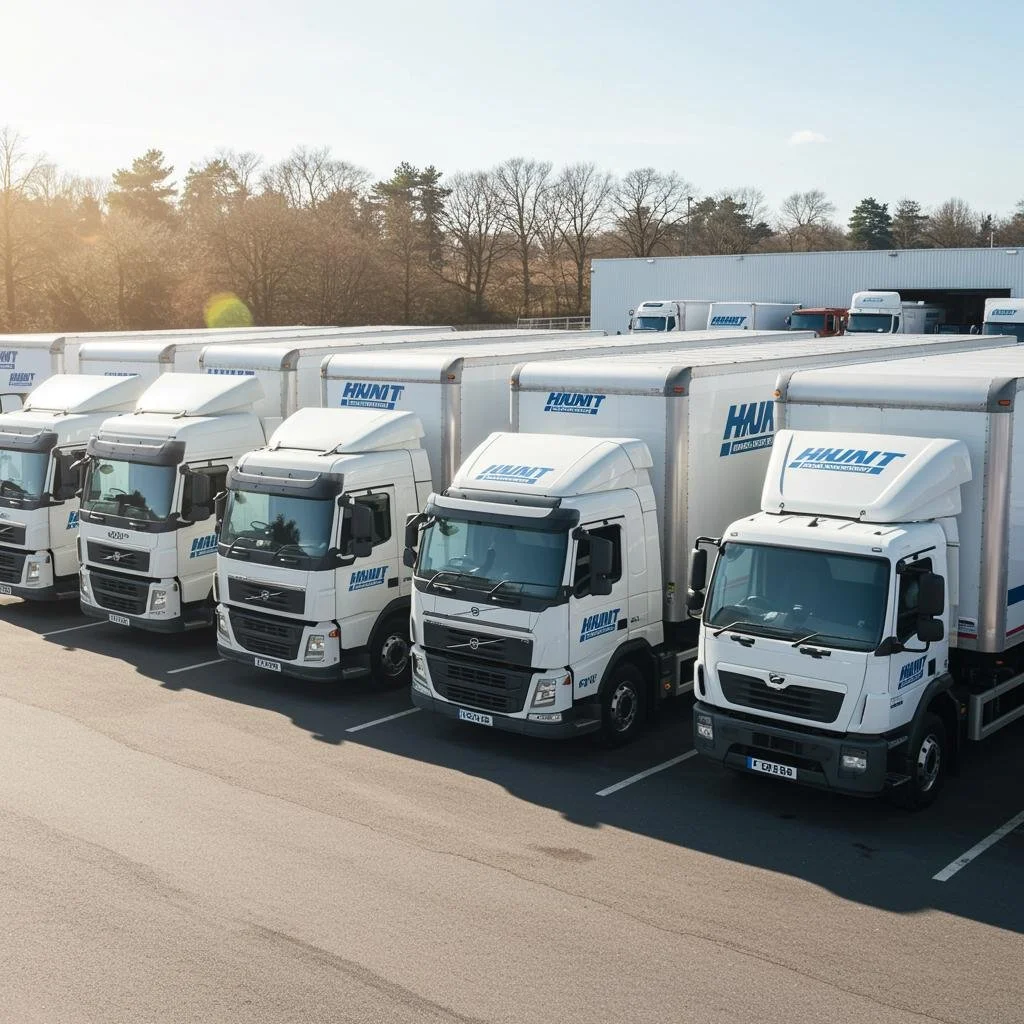Why Your Job Site’s Mess Might Be Costing You Work
The moment a residential project kicks off, two things get noticed right away: the noise and the mess. Now, sure, you need to do a demolition with a purpose, and it’s not always easy to avoid those externalities. But while one of those is unavoidable, the other shouldn’t be.
Homeowners might expect some hammering and drilling—but watching their front yard turn into a landfill? That sticks with them. And in a neighborhood setting, you’re not just working under one client’s gaze. It’s the entire block.
A messy site can make your crew look careless, even if the work itself is solid. From curbside complaints to safety hazards, keeping things clean is less about perfection and more about control. Because the minute it feels like you're winging it, everything—from timelines to client trust—starts slipping.
In this article, we uncover the various reasons why the messiness of your job site might actually be costing you valuable work opportunities.
No. 1
First Impressions Stick
For residential contractors, job sites aren’t just places to work—they're mobile billboards. That half-demolished bungalow with debris spilling into the driveway? It's advertising your brand. And not in a good way.
Passersby, neighbors, and the actual client are all watching. What they see isn’t just bricks and boards—it’s how your business operates. If a site looks chaotic, it suggests that everything else behind the scenes probably is too.
On the flip side, a tidy site shows you care. It hints at precision, professionalism, and pride. That’s the kind of impression that turns one project into five.
No. 2
Clean Sites Keep the Crew Safer
It may seem obvious, but it’s worth repeating—because it often gets overlooked. It only takes one piece of rogue rebar or a stray nail to sideline a worker. And nothing derails a project quite like an injury.
Suddenly, safety inspections get stressful, insurance premiums creep up, and crew morale tanks. But staying organized makes a site safer. Designated drop zones, clear walkways, and proper disposal bins—these things seem minor until they’re not.
Think of it like this: a clean site is one where everyone knows where to walk, where to toss scrap, and where not to leave anything sharp or rusty.
No. 3
Time Wasted Is Money Burned
Yes! A cluttered job site is an inefficient one. When materials aren’t where they should be and trash takes up more space than the actual build, your crew spends more time dodging hazards than doing the work.
And it adds up fast. Ten minutes here, twenty minutes there—and suddenly the crew is staying late or pushing the schedule out. Clients get annoyed, your profit margins shrink, and the project loses momentum.
A clean, well-laid-out site keeps everyone moving—not tripping over yesterday’s mess.
Cleverly
Boost your business with Cleverly! Effortless LinkedIn lead generation that connects you with the right prospects. Grow smarter, not harder—let Cleverly do the work for you!
No. 4
Work Smarter, Not Harder
No one wants to babysit dumpsters. But waste doesn’t manage itself. When it piles up, it becomes a full-time job—scheduling hauls, tracking load levels, coordinating pickups—so the client doesn’t end up with a pile of drywall on their front steps over the weekend.
If your company isn’t using smart tools, it’s time to get on board. A solution like CurbWaste waste management software can be a game-changer. It helps keep waste moving without becoming another task to juggle.
There are other tools out there, but platforms like this track loads, schedule drop-offs and pickups, and generally make it easier to manage without hovering. That way, things stay tidy, and you stay focused.
No. 5
Keep the Neighbors Happy
Working in a residential area means every job has an audience. And when neighbors get irritated, they don’t keep it to themselves. They post in community Facebook groups, on the Nextdoor app, and anywhere else they can. They whisper at the school pick-up line. They leave reviews.
But keeping the site clean means fewer headaches for everyone. Less noise, fewer eyesores, no complaints about nails on the sidewalk or insulation blowing down the street.
It builds goodwill. And goodwill turns into leads, recommendations, and even future job requests from the same block.
No. 6
Teach the Crew to Think Like a Homeowner
It’s not just about policy—it’s about mindset. When the crew sees the site as a home, not just a construction zone, they treat it differently. Clean-up becomes part of the job, not an afterthought.
A quick end-of-day sweep, moving bins out of sight, storing tools neatly—these small habits build trust. And yes, they can build a lot of trust.
Because at the end of the day, homeowners don’t just remember the finished product—they remember how it felt to live through the process. And when that process is clean, respectful, and professional, it leaves a lasting impression.
Takeaways
In residential construction, your job site is more than a workspace—it’s a reflection of your values, your brand, and your commitment to quality. A clean site isn’t just about aesthetics; it’s about safety, efficiency, professionalism, and trust.
Clients notice. Neighbors notice. And when you make cleanliness a priority, it pays off in smoother projects, stronger relationships, and more referrals.
So if you want to stand out in a crowded market, don’t just build better—build cleaner. Because in this business, how you work is just as important as what you build.
Looking for Business Resources?
Are you seeking ways to elevate your business to new heights? Dive into the array of resources provided by our esteemed business partners designed to empower your ventures.































